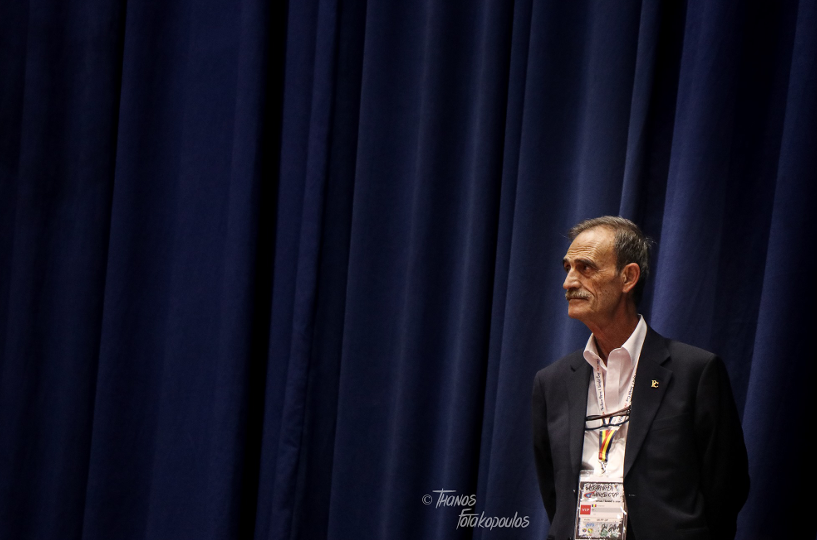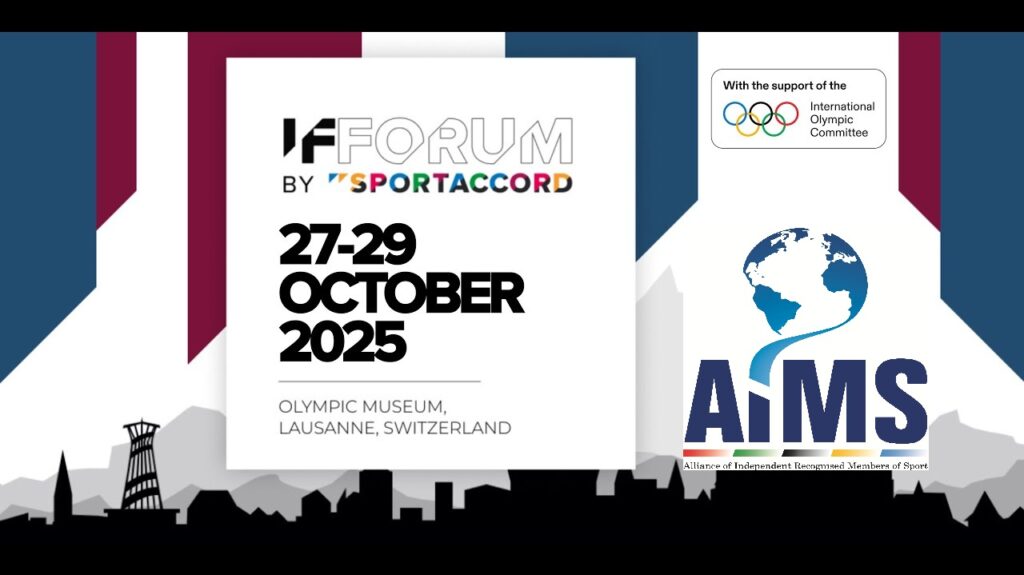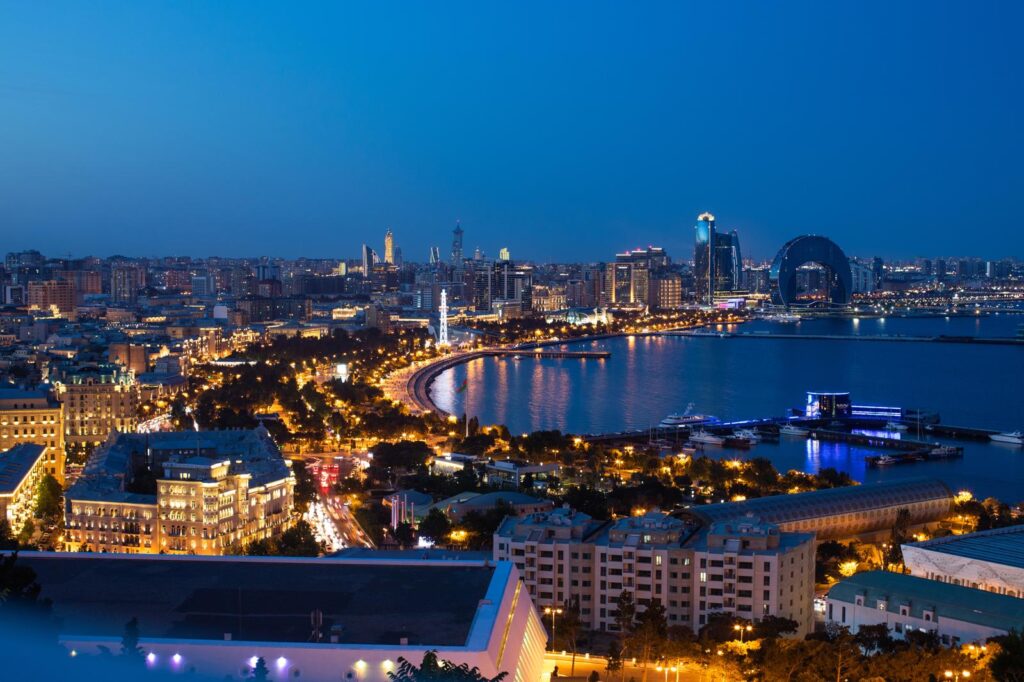The Winter Youth Olympic Games Gangwon 2024 have been a “great demonstration of Olympic legacy and solidarity”, as highlighted by International Olympic Committee (IOC) President Thomas Bach. The IOC President, joined by Gangwon 2024 Coordination Commission Chair and IOC Member Hong Zhang, congratulated the Gangwon State authorities, the Gangwon 2024 Organising Committee, the PyeongChang 2018 Legacy Foundation and the volunteers for the “outstanding success” of these Games.

“A great expression of true Olympic solidarity”
“These YOG have been a great demonstration of Olympic hard and soft legacy of the very successful PyeongChang 2018”, explained the IOC President.
Seven of the 12 competition venues for the Olympic Winter Games PyeongChang 2018 have been used for Gangwon 2024.
“We saw state-of-the-art facilities and athletes enjoying competing in these venues, where they saw their Olympic idols winning medals six years ago,” said the IOC President. “We also witnessed the soft legacy, and in the long term it will be more important. We have seen many foreign athletes, who have been trained thanks to the programmes initiated on the occasion of PyeongChang 2018, competing and even winning medals at Gangwon 2024.”
Overall, 39 international athletes who participated at Gangwon 2024 went through the programmes of the PyeongChang Legacy Foundation, training in the PyeongChang 2018 Olympic venues.
Two of them, Agnese Campeol (Thailand) and Jonathan Lourimi (Tunisia), won silver medals in monobob at Gangwon 2024.

“This is a great expression of true Olympic legacy, but at the same time it’s a really unique demonstration of the solidarity of Korea with international sport, with the Olympic Movement.”
Solidarity within the Olympic Movement has also been crucial for the success of Gangwon 2024: Olympic Solidarity assisted the National Olympic Committees (NOCs) and their athletes with USD 2 million for their preparation and qualification for these Games.
Furthermore, the IOC invested USD 10 million to cover the costs of the travel for each of the 78 NOC delegations, plus full-board accommodation at the Olympic Village. It also contributed USD 25 million to the budget of the Organising Committee.
Volunteers and athlete experience
Part of the soft legacy of PyeongChang 2018 is also the presence of the 1,984 volunteers at Gangwon 2024, many of whom attended the Olympic Games in the Republic of Korea in 2018.
“Volunteers really deserve a special mention. I can only say thank you very much to the Gangwon Shine Crew. It is really an incredible experience to see each and every one of these volunteers, always with a smile on their face and ready to assist, supporting the success of these Games.“
Thomas Bach, IOC President
The IOC President also thanked them in a video message for their hospitality and for welcoming the 1,801 athletes and the 20,000 accredited people.
Amongst the locations where volunteers operated during the Games were the Youth Olympic Villages, where the athletes were engaged in a series of fun and interactive learning initiatives. Some 93 per cent of the participating athletes took part in at least one of these activities.
Reflecting on the unique experience for the young athletes, the IOC President said: “The YOG offer athletes a stepping stone to make an Olympic experience early in their career, so that when they come to the stage of participating in the Olympic Games, they are not overwhelmed by the Olympic atmosphere, by the Games, by meeting so many other athletes, and can prepare for future Olympic successes.”
Coordination Commission Chair Hong Zhang, Olympic champion in speed skating at Sochi 2014 and who also competed at PyeongChang 2018, commented: “Young athletes here in Gangwon told me their coaches were my team mates, so I feel we are passing the Olympic torch to the next generation.”
Innovative coverage
The action of the athletes competing in 15 disciplines across 7 sports at Gangwon 2024 was covered with innovative broadcast and digital technologies and concepts, which will also serve as a legacy for Paris 2024.
A number of AI-based technologies that will be applied to the upcoming Olympic Games in Paris were successfully tested by Olympic Broadcasting Services (OBS) and Olympic Channel Services. They offer greater flexibility in the coverage, reduce the broadcast footprint, enable faster content delivery and help audiences find the right content more easily.
The interest generated by Gangwon 2024 amongst the local population was significant, starting from the Opening Ceremony, which was watched live by over four million Koreans on KBS1. Additionally, by Sunday 28 January, almost 30 per cent of Koreans had already seen some coverage of Gangwon 2024 on linear TV across SBS, KBS and MBC channels.
A survey also found that 75 per cent of the Korean people were aware of Gangwon 2024, with more than 80 per cent of them expressing a positive view.
The impact of Gangwon 2024 also extended beyond the Republic of Korea. Content has achieved over 250 million engagements on the Olympic social media handles. The IOC President defined this an “unprecedented result for a junior event, an overwhelming success that we greatly appreciate”.
Read more on: https://olympics.com/ioc/news/gangwon-2024-comes-to-an-end-as-an-example-of-legacy-and-solidarity




